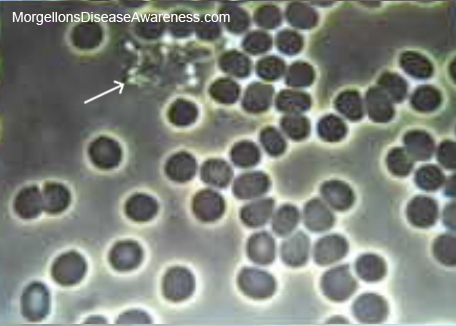
What is Helicobacter pylori and what causes it?
This bacterium is found in the stomachs of many people around the world. But, what does it do to your health and why should you not have it in your body?
It lives in the small intestine, in the gastric pockets. When your body's immune system is weakened, it can get on the surface of your intestines. The result is an infection that is called Helicobacter pylori infection.
Other symptoms that it can cause are stomach and duodenal ulcers, chronic gastritis, diverticulitis and ulcerative colitis. There are also several kinds of cancer that can be caused by it. Helicobacter pylori may even cause heart disease. For a healthy person, it can lead to many types of problems.
Helicobacter pylori is not the only bacteria that live in your digestive tract. You can also be exposed to anaerobic bacteria, such as Lactobacillus acidophilus. The difference between the two is that lactobacillus acidophilus is the good kind of bacteria. It makes up over 90% of the microflora of the intestinal tracts.
These bacteria are needed to keep the infection from growing. It keeps the infection under control, and so you don't have an infection. However, you do get anaerobic bacteria like Helicobacter pylori, which can grow very rapidly, and cause serious infection.
The presence of the bacteria in the stomachs of some people is an ideal environment for the growth of the anaerobes to feed on the food particles that get stuck in between them. If the stomach contents are too large to be able to break through the lining of the stomach and get into the intestine, the bacteria feed on these food particles, until they become bigger. They then travel back to the esophagus to cause a blockage. and the result is a painful attack of gastro esophagitis, or heartburn, or even cancer.
The good bacteria are not going to die, because they are not being eaten up by the anaerobes
So, when you eat Helicobacter pylori, it kills the good bacteria, while leaving the abundance of anaerobes in the stomachs.
So, although Helicobacter pylori has many benefits, there are also many risks. So, it is important for people with this infection to know the different things that this bacterium can do to their health, so that they can choose the best course of action.
For example, Helicobacter pylori does not just destroy the bacteria in your gut. It can also kill your beneficial bacteria, causing a condition called Clostridial dysbiosis. This condition is characterized by a build up of the bacteria Clostridium difficile, which can form into harmful bacteria. In extreme cases, it may also cause a severe loss of the health of your intestinal flora, causing a chronic intestinal infection, or irritable bowel syndrome. IBS. IBS is a chronic condition that can last for years, without ever disappearing.
There are other bacteria, and sometimes other types of fungi, that can invade the intestines, too. But these anaerobes don't eat up the good bacteria that help the Helicobacter pylori in your stomachs. They simply grow and multiply, destroying everything. So, it is very likely that these will take over your digestive tract and cause an infection. This is called enteritis, and the bacteria responsible are called Streptococcus antifungals.
In a nutshell, this bacterium can cause a problem because it doesn't get rid of the bad bacteria in your stomach, but it also destroys the good bacteria in your digestive system. And if it is allowed to do this for long enough, it will kill off the beneficial bacteria in your intestines. There is another problem with Helicobacter pylori that you don't hear much about, but it is just as serious. This bacterium can actually make you sick if you get too many doses. and it is called sepsis.
When you have too much of this bacterium, you will experience serious problems, including an infection in the liver and lungs. You might even develop pneumonia, and even kidney failure of the kidneys. If you don't have any symptoms, you might not even know you have this bacterium, but if you do, you can have problems and even die.
There is also evidence that the bacterium can cause colon cancer. It has been linked to colon cancer, especially colon polyp cancer, which is the most common type of colon cancer. And there is a risk of the bacterium also attacking healthy tissue in your brain. The bacteria that causes all these problems has also been linked to many other serious diseases. They are linked to ulcerative colitis, an inflammatory bowel disease, pancreatic cancer, and Crohn's disease. It can also be linked to depression, and heart disease, as well as some types of cancer.

